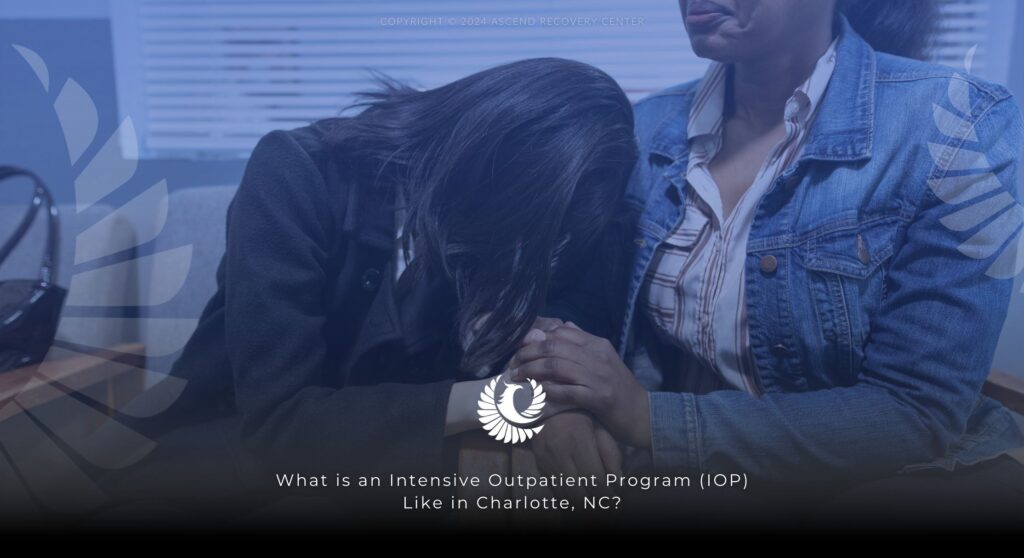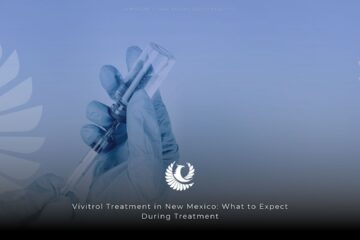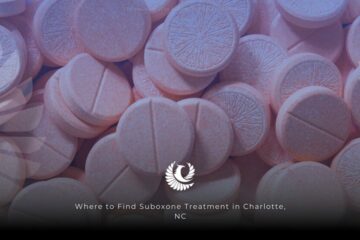Recovering from substance use disorder (SUD) is a lifelong journey. For many, recovery begins in an addiction treatment program. There are several levels of addiction treatment to meet a wide range of needs. This article will detail what to expect from an intensive outpatient program (IOP).
Intensive outpatient programs are an intensive outpatient level of care. Participants in an IOP receive a high level of support and treatment. This treatment allows them to develop critical relapse prevention skills.
If you or someone in your life lives with a substance use disorder, effective treatment programs are available at Ascend Recovery. Contact our specialists now to learn about starting a Charlotte IOP or to explore our other programs.
What is an IOP?
An intensive outpatient program (IOP) is a form of outpatient substance abuse treatment. This treatment option offers evidence-based and holistic therapies for people needing significant support during recovery.
Participants in an IOP may attend sessions 3-5 days per week. Each treatment session may last several hours. Participants may spend up to 20 hours each week engaging in treatment and recovery-related activities.
Most intensive outpatient programs last between 30 and 60 days.
What to Expect From an IOP in Charlotte
An intensive outpatient program provides mental health treatment, medications, emotional support, and other therapies. Having consistent treatment and support can help people with substance use disorder avoid relapse as they transition into daily life.
Here is an overview of what to expect from an IOP in Charlotte, North Carolina.
Assessment
Before beginning an IOP, your treatment team will assess your needs. The assessment may consist of:
- Questions about your current and past substance use–what you used, how much, how often, etc.
- A family history of substance use, mental illness, and treatment
- Screenings
- Physical examination
- Mental health history
- Medical history
Your treatment team will use this information to create a tailored treatment plan. Your team will re-assess your needs throughout treatment. They will adjust your treatment plan as needed.
Treatment
Your recovery journey may begin in a detox program. A medically-supported detox program provides support and treatment that can help you manage withdrawal symptoms. While many people participate in inpatient detox programs, some rehab facilities offer outpatient detox services.
Your treatment program will start when you are medically stable and can manage your mental health issues. Your specialized treatment plan may include:
- Individualized therapy sessions
- Behavioral therapy
- Support groups
- Family therapy
- Relapse prevention education
- Coping skills practice
- Daily check-ins
- Screenings and assessments
- Medication management sessions
- Mindfulness, acupuncture, nutrition support, yoga, exercise, and other holistic therapies
The primary goal of intensive outpatient programs is to give people the tools they need to live a healthy, sober lifestyle. During an IOP, you will work with a team of medical and mental health specialists to achieve your goals.
The treatment and support you receive in an IOP can help you stay focused on recovery as you transition back into work, socialization, hobbies, and other aspects of daily life. You will develop a community of staff and peers who will support your lifelong recovery journey.
After completing an IOP, you must stay engaged in your recovery. You must develop and follow an aftercare plan. Your aftercare plan may include sober living, 12-step meetings, mental health treatment, and other recovery-related activities.
Is an Intensive Outpatient Program Right For Me?
An intensive outpatient program may be ideal for those requiring intensive outpatient support. People who may benefit from an IOP include:
- Those with co-occurring mental illness
- People who have completed a detox program
- Those who have completed residential treatment and require significant outpatient support
- People with adequate community support
- Those with motivation and the ability to attend frequent treatment sessions
Addiction recovery is a highly personal process. No two people have the same needs during recovery. Your treatment needs will depend on certain factors, including:
- The severity of your addiction
- Your community support
- Your mental and physical health
- Your environment
Before starting a treatment program, a doctor or addiction specialist will assess your needs. The assessment may consist of:
- A medical and mental health history
- Family history of substance use disorder
- Questions about your past and current substance use
- Lab testing
- A physical exam
This information will help your treatment team determine if intensive outpatient treatment meets your recovery needs. It will also help to identify physical and mental health conditions that may complicate your detox or treatment process.
Many people start their recovery journey in a residential treatment program or partial hospitalization program (PHP). Participating in more intensive levels of care before transitioning into traditional outpatient care is common.
The support of an IOP can help you transition from intensive treatment into your daily life. During treatment, you will receive support and therapies that will help you avoid relapse. This care can help you achieve your goal of lifelong addiction recovery.
Find Treatment at our Charlotte, NC IOP Now
Reach out to the Ascend Recovery team now to learn about our IOP in Charlotte or other treatment options. Our intake specialists will answer questions, verify your insurance, and schedule an intake appointment.








